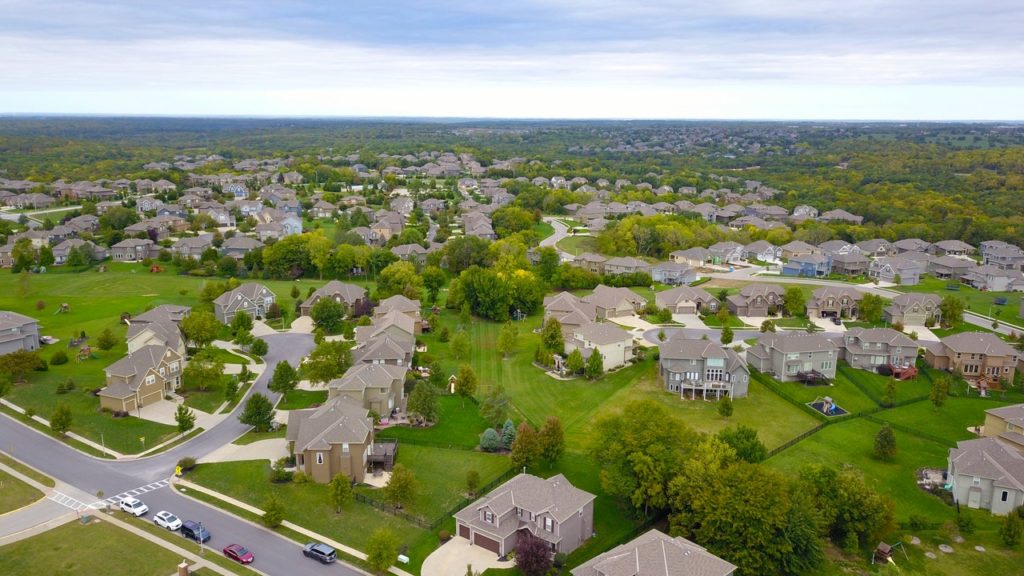Wouldn’t it be more convenient if you no longer have to drive to a hardware store or printing shop? If all subdivisions or gated residential areas had a commercial establishment, residents could save so much money on gas, and travel time. It would’ve been helpful amid the pandemic as well, as people would no longer have to risk their health in the city or town proper to buy goods or hire services.
But aren’t there plenty of home-based business already? Definitely, but you may not have heard of milk bars or greengrocers existing in a residential area yet. Home-based businesses are typically online retail stores or consultancy firms, both of which only require an office in the home, not an establishment where customers come and go.
So if you’ve just bought a house and land package in a thriving business district, missing out on the opportunity to start a home-based business may be unwise. But before producing a business plan, note these things you need to know about opening a store or shop in a residential area first:
Zoning Laws
Zoning is the process of planning the purpose of land by a locality. It is the laws that may pose hurdles when you’re planning to open a business in a specific location. The goal of zoning is to regulate land usage for maximum efficiency and livability. For instance, in a commercial zone, business establishments are grouped close together, while in an industrial zone, factories and manufacturing plants are huddled.
It makes a lot of sense because when business establishments are intact with one another, customers no longer have to travel from place-to-place to acquire whatever they need, making the zone highly efficient. Likewise, if industrial facilities are situated far away, their noises and wastes wouldn’t access residential properties and cause a disturbance.
Considering that, if you’re planning to open a business in your home, you may find restrictions on the size of the building you can build, and the type of business you can run. After all, you’re using a residential zone, so it’s naturally bound by residential zoning laws.
Zoning Designations
To further understand how zoning works, here are the common zoning designations and the uses allowed for each:
- Residential: Homes and other dwelling units
- Commercial: Retail stores, service shops, offices, restaurants, and other types of commercial establishments
- Industrial: Factories and other warehousing facilities
- Rural: Farms and other open lands
- Historic: Buildings with historical values (e.g. historic landmarks)
- Aesthetic: Structures that follow a prescribed aesthetic
- Environmental: Conservation areas and facilities in sensitive natural regions
Zoning designations can also be broken down into sub-types or sub-categories. For instance, in residential zoning, you may find different zoning codes for a single-family home and a duplex. More than one zone may also apply to a property. An example is a rural zone that’s also an environmental zone, like conservation farms or forests.

Opening a Business at Home
So if home-based businesses are legal, what laws are you bound to follow if you open one? Aside from acquiring a zoning permit, you also need to consult your homeowner’s association. Find out if your business will require their approval before its launch.
Depending on the regulations in your area, you might also need to categorize your business as either an “office in the home” or “home-based business”. You may get confused with this, because we generally used the term “home-based business” to refer to all businesses that are, well, based at home. But there are actually distinct differences between the two categories. An office in the home may not require permits, since it doesn’t have inventory or customer traffic.
On the other hand, a home-based business may involve an inventory, product shipment, and customers going in and out of the place. An online retail store is a perfect example of a home-based business because you maintain an inventory and deliver products to customers.
If you’d rather avoid the hassle of obtaining numerous permits, opt for an office-in-the-home business. Examples of such include consultancy firms, travel agencies, cover letter/resume service, tax form preparer, and professional organizing. They don’t cost much to start, yet have great profit potentials.
Office-in-the-home Business Ideas
If none of the services above are right up your alley, here are three more amazing business ideas:
- Translator
Invest your language skills and help other businesses transact with their foreign vendors, or offer to make a transcript of a video in a foreign language.
- Sales-lead Generating
Help e-commerce business owners identify prospects and generate leads. This business is perfect for marketing majors adept at research.
- Editing and Proofreading Services
Use your passion for reading and writing to help writers and authors improve the quality of their works.
Yes, you can definitely open a business establishment at home, as long as you follow zoning requirements and obtain the necessary permits. Perform extensive research and consult professionals to ensure that you’re on the right track before breathing life into your business idea.



